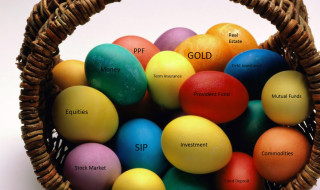
WHAT IS UNIT TRUST EXACTLY?
A Unit Trust follows an unincorporated mutual fund or trust structure that allows funds to hold assets and pass profits thru the individual owners. Money is pooled with the money from other investors and it is managed by a fund manager. The portfolio of assets is set according to the fund’s investment strategy and objective. Hence the success of a unit trust depends on the capabilities, expertise, and experience of the management company.
In Singapore, local and foreign unit trusts offered are regulated as collective investment schemes.
WHY MUST YOU INVEST ON UNIT TRUSTS?
Since funds are invested in an array of assets, one advantage of investing in unit trusts is diversification. In the current unpredictable market, this potency helps investors to adjust with the ups and downs without having to worry too much about the performance of a single stock. Generally, unit trusts provide you with more safety in terms of the performance of your investment.
WHAT SHALL YOU CONSIDER BEFORE AND AFTER INVESTING?
Before investing on unit trusts, you must assess the type offered as well as its fees. Also, you must examine the fund manager himself. Determine if the fund manager has the sufficient experience, skills, and resources to lead you to success. Look beyond the short-term performance and look into one’s long-term track record.
After investing on unit trusts, you must regularly monitor if its performance meet your expectations. Then monitor the economic and political risks of the markets you invested in.
WHAT IS ITS NET ASSET VALUE?
The price of each unit is based on the net asset value divided by the number of units outstanding. It is typically calculated daily to reflect changes in the prices of the investments maintained by the fund.
HOW CAN YOU BUY THE UNIT TRUSTS?
Aside from cash, you can purchase unit trusts by the CPF Investment Scheme (CPFIS) and the Supplementary Retirement Scheme (SRS). Furthermore, some insurance companies offer investment-linked insurance policies.





